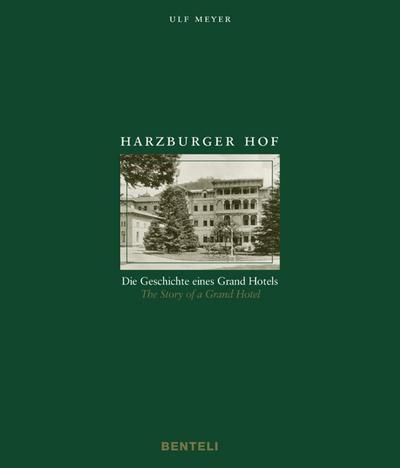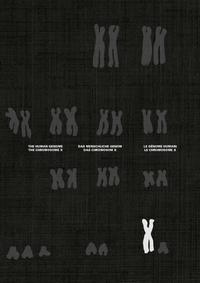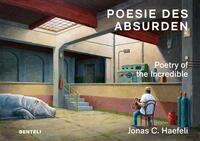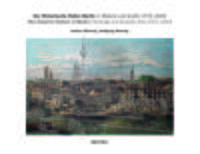Nous utilisons des cookies pour améliorer votre expérience. Pour nous conformer à la nouvelle directive sur la vie privée, nous devons demander votre consentement à l’utilisation de ces cookies. En savoir plus.
Harzburger Hof
EAN : 9783716518465
Paru le : 15 nov. 2018
-
 Livraison gratuite
Livraison gratuite
en France sans minimum
de commande -
 Manquants maintenus
Manquants maintenus
en commande
automatiquement -
 Un interlocuteur
Un interlocuteur
unique pour toutes
vos commandes -
 Toutes les licences
Toutes les licences
numériques du marché
au tarif éditeur -
 Assistance téléphonique
Assistance téléphonique
personalisée sur le
numérique -
 Service client
Service client
Du Lundi au vendredi
de 9h à 18h
- EAN13 : 9783716518465
- Réf. éditeur : 986991
- Collection : CODE COLLECTION
- Editeur : Benteli
- Date Parution : 15 nov. 2018
- Disponibilite : Disponible
- Barème de remise : NS
- Nombre de pages : 136
- Format : H:287 mm L:248 mm E:25 mm
- Poids : 1.024kg
- Interdit de retour : Retour interdit
-
Résumé :
Glorious Days Are Ahead
The Harzburger Hof was not only one of the five largest and most prestigious hotels in Germany - it was always also a social microcosm and mirror of its time.
Opened in 1874 as the ducal Actien-Hotel, it went through a series of peaks and troughs of fortune in the 20th century. A sophisticated place for recuperation in the days of empire, the Harzburger Hof became a center of cultural life in the 1920s, later serving as a military hospital and then an office for the occupation forces after the war, before its social life was revived in the 1960s and 1970s. After structural and economic decline in the 1980s and 1990s, the hotel was closed. Following a series of fires, demolition was the only option.
In preparation for the brand new Grand Hotel Harzburger Hof, Ulf Meyer places the past and the future of the building in the context of the development of grand hotels, tourism in the Harz region, and contemporary and architectural history.
Vergangenheit und Zukunft eines Wahrzeichens
Der Harzburger Hof war nicht nur eines der fünf größten und bedeutendsten Hotels in Deutschland, es war auch immer ein ganz eigener sozialer Mikrokosmos und Spiegel seiner Zeit.
Als herzögliches Actien-Hotel 1874 eröffnet, durchlebte es im 20. Jahrhundert Höhen und Tiefen. Einst Ort mondäner Erholungsurlaube im Kaiserreich wurde der Harzburger Hof ein Zentrum des kulturellen Lebens in den Zwanzigerjahren, diente später als Lazarett und nach dem Krieg als Sitz der Besatzungsmächte, bevor das gesellschaftliche Leben in den Sechziger- und Siebzigerjahren wieder aufblühte. Nach dem baulichen und wirtschaftlichen Niedergang in den Achtziger- und Neunzigerjahren wurde das Hotel geschlossen, nach einer ganzen Reihe von Bränden blieb nur noch der Abriss.











